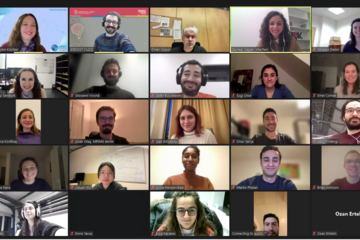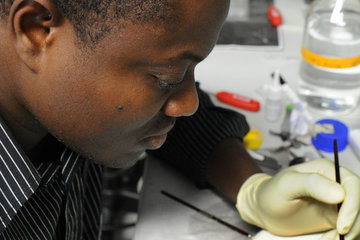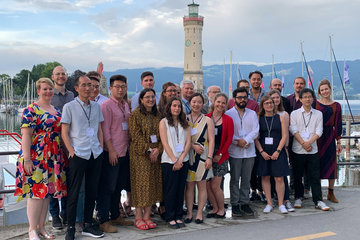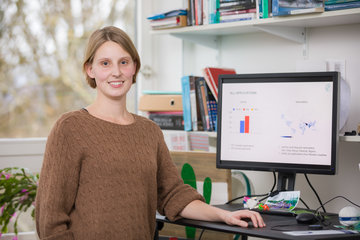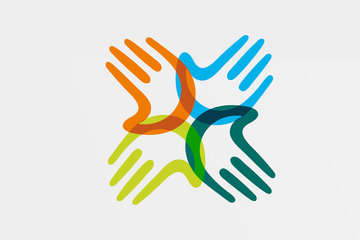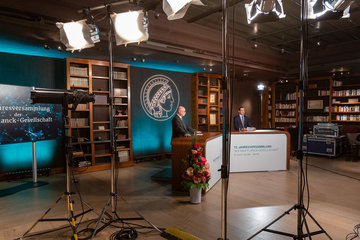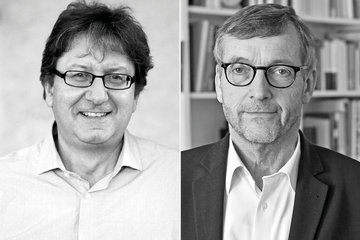Higher pay for doctoral researchers
Max Planck funding contracts remunerated according to the DFG funding rates since 1 January 2021
What had been prepared over a long period of time has finally come to fruition: the Joint Science Conference (GWK - Gemeinsame Wissenschaftskonferenz) has granted the Max Planck Society its approval to apply the DFG-German Science Foundation’s gold standard in compensation for doctoral researchers. The new contract details were published on December 14, 2020 within the Max Planck Society's Organisational Manual (OHB).

As of January 1, 2021, all doctoral researchers with Max Planck funding contracts will be compensated according to the DFG’s funding rates. This applies to both new and already running contracts, which will be adjusted accordingly. If there are delays in signing contracts due to home office regulations caused by the Covid-19 pandemic, for example, the regulation and payment will be applied retroactively. In addition, institutions may also set higher basic salaries to reflect subject-specific remuneration. The possibility of individual recruitment boni will remain unaffected by the new regulation.
The new regulation will apply to all Max Planck Institutes throughout Germany, as well as the Netherlands and Italy. The Institutes are expected to cover the increased costs for their own doctoral researchers from their local budgets.
"Currently centrally funded Max Planck Research Groups, which are in particular open-topic Max Planck Research Groups, Lise Meitner Groups, Minerva Max Planck Research Groups as well as Otto Hahn Groups, however, receive an annual grant of 7,500 euros per group. The same is provided for the ongoing, so-called institute-based Max Planck Research Groups. International Max Planck Research Schools receive a one-time grant," adds Ilka Schießler-Gäbler from the Department of Human Resources Development and Opportunities at the Administrative Headquarters in Munich.
"The new contract regulations are a great step forward as they will not only ease the financial situations of PhD students, but also bring more equality to the salaries of doctoral researchers because they reduce the Section- and gender-specific pay gaps – a discrepancy which was also reflected within the last PhDnet surveys", said Lea Heckmann, the new PhDnet spokesperson of 2021. "We're very pleased that this milestone of improving the situation for doctoral students has now been reached. We're very grateful to the many generations of PhDnet steering committees who have driven this project, as well as the staff at the MPG’s Administrative Headquarters and the General Secretary Rüdiger Willems, who have been instrumental in paving the way for this progress", summarized former PhDnet spokesperson Lindsey Bultema.
BIA


